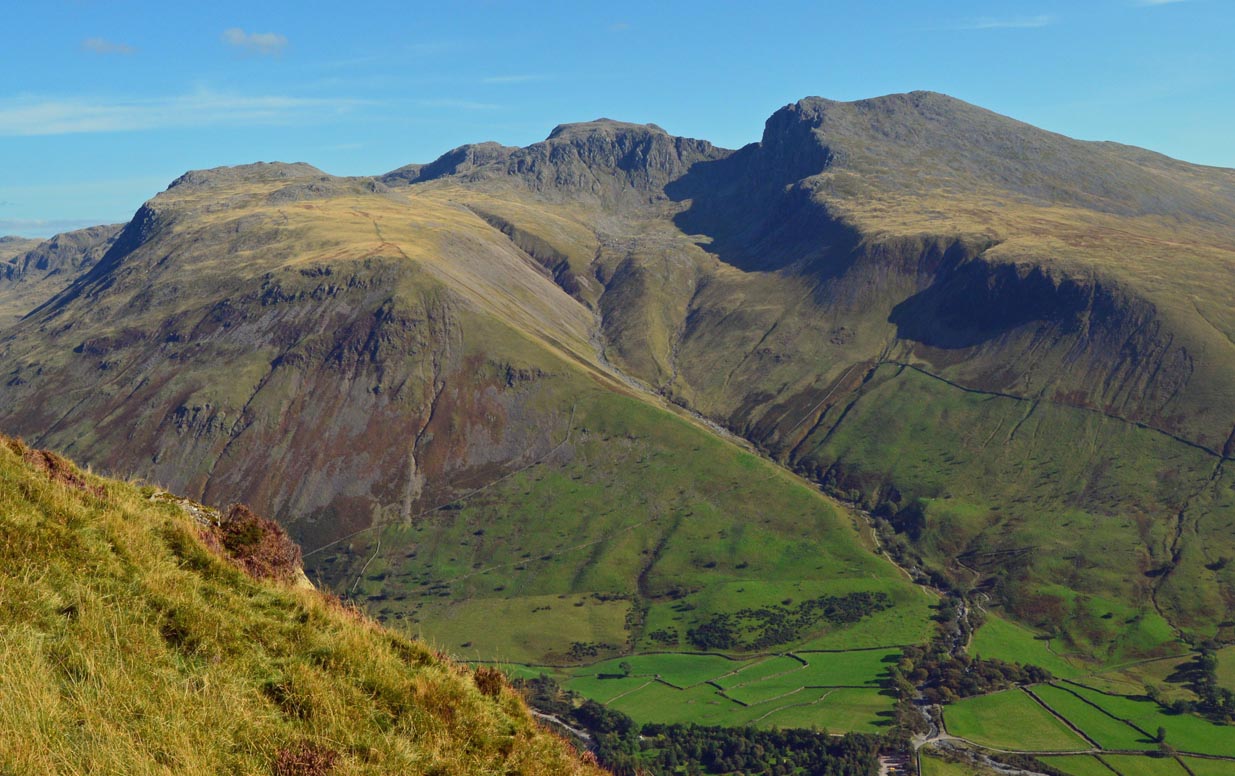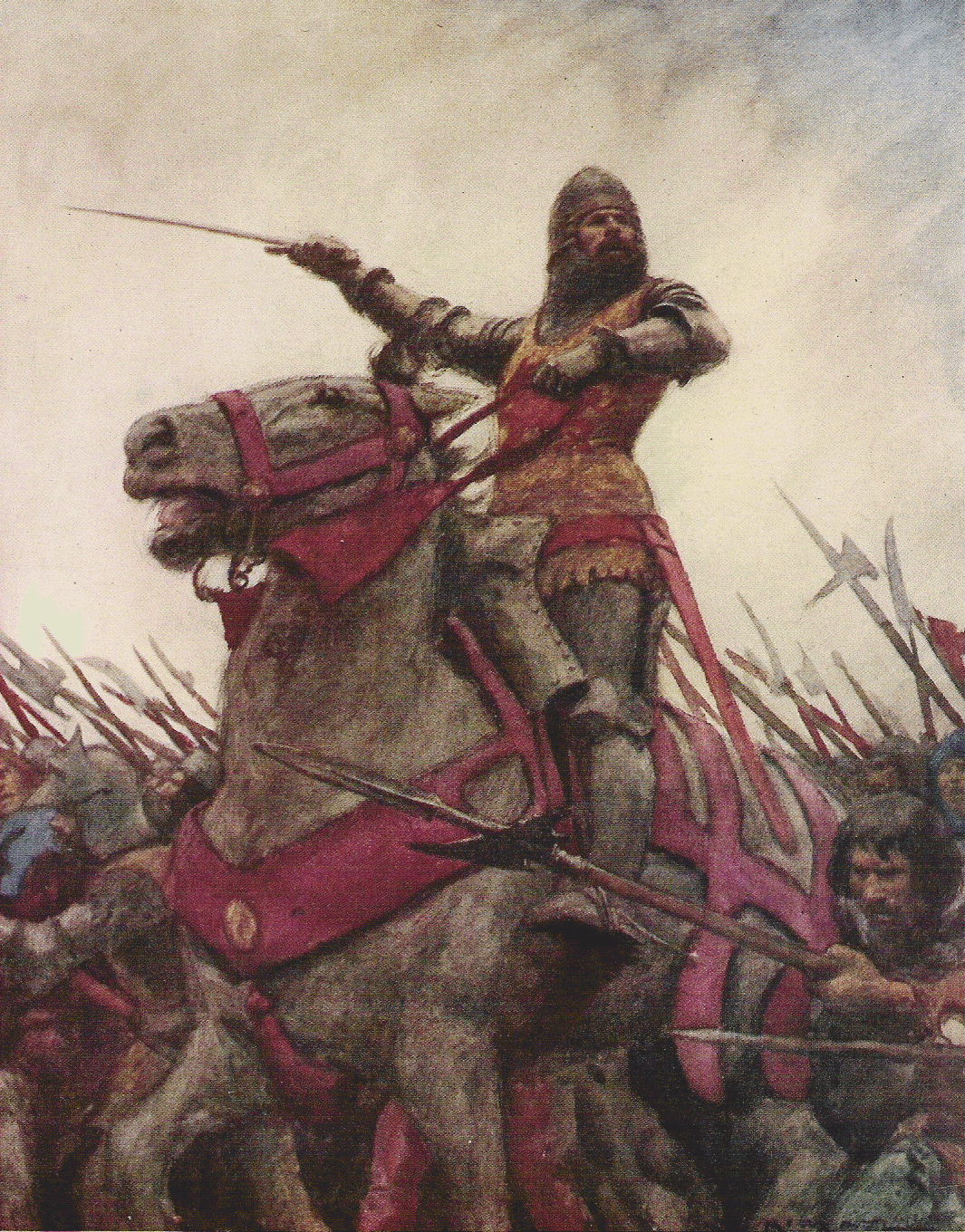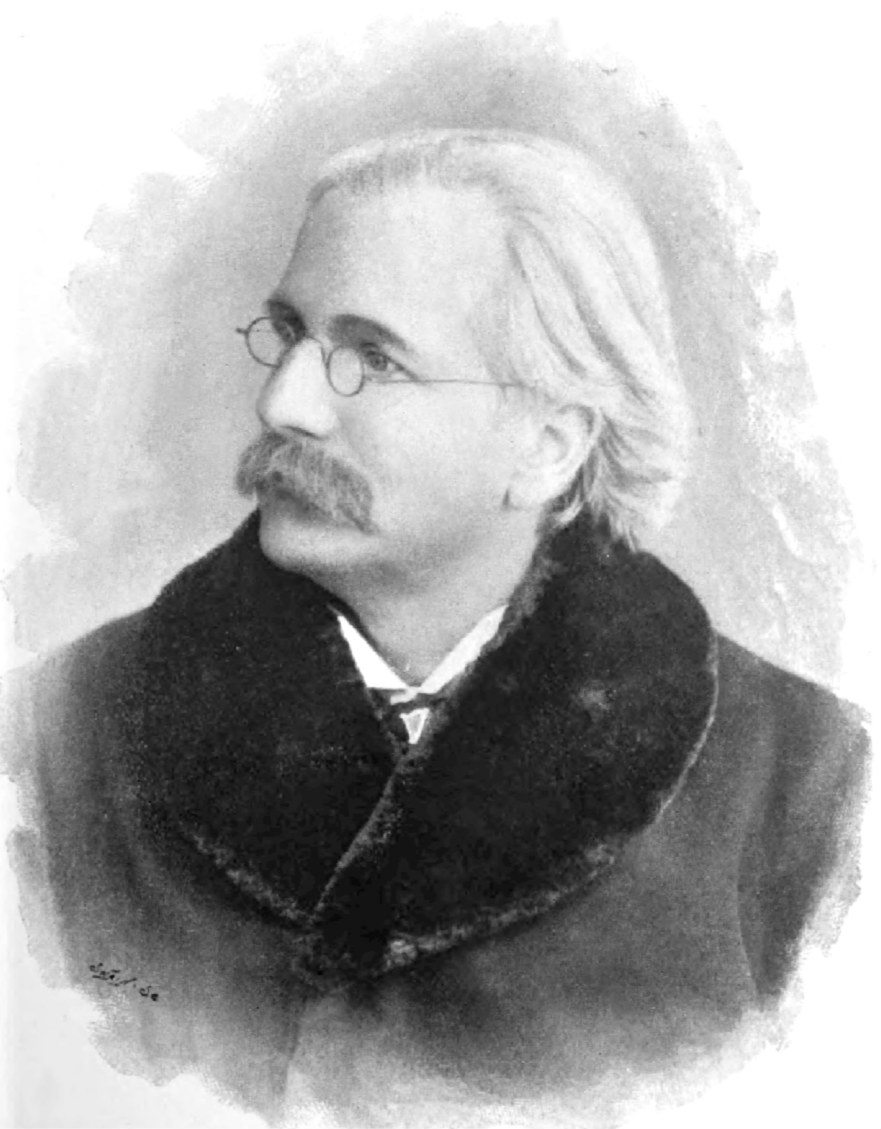|
Twmpath
''Twmpath'' () is a Welsh word literally meaning a hump or tump, once applied to the mound or village green upon which the musicians sat and played for the community to dance. ''Twmpath dawnsiau'' were a form of barn dance organised by Urdd Gobaith Cymru in the late 1950s and 1960s for the entertainment of young people, mainly from rural areas. These events remained popular until the rise of discos in the 1970s. Twmpath is used today to mean a Welsh version of the barn dance or cèilidh. Te same word is also used to refer to a speed bump. See also *Culture of Wales *Troyl Troyl is a colloquial Cornish word meaning a barn dance or céilidh, a social evening of dance, music and song. Etymology Edward Lluyd (1660?–1709) knew the Cornish verb ' - to twist, twirl, whirl, spin round. Edward Veale of Pentire, Ne ... Notes Welsh society Welsh music Welsh-language music Welsh music history {{Wales-stub ... [...More Info...] [...Related Items...] OR: [Wikipedia] [Google] [Baidu] |
Cèilidh
A cèilidh ( , ) or céilí () is a traditional Scottish or Irish social gathering. In its most basic form, it simply means a social visit. In contemporary usage, it usually involves dancing and playing Gaelic folk music, either at a house party or a larger concert at a social hall or other community gathering place. ''Cèilidhean'' (plural of ''cèilidh'') and ''céilithe'' (plural of ''céilí'') originated in the Gaelic areas of Scotland and Ireland and are consequently common in the Scottish and Irish diasporas. They are similar to the ''Troyl'' traditions in Cornwall and ''Twmpath'' and '' Noson Lawen'' events in Wales, as well as English country dances throughout England which have in some areas undergone a fusion with céilithe. Etymology The term is derived from the Old Irish ''céle'' (singular) meaning "companion". It later became ''céilidhe'' and ''céilidh'', which means "visit" in Gaelic. In Scottish Gaelic reformed spelling it is spelled ''cèilidh'' (plura ... [...More Info...] [...Related Items...] OR: [Wikipedia] [Google] [Baidu] |
Barn Dance
A barn dance is any kind of dance involving traditional or folk music with traditional dancing, occasionally held in a barn, but, these days, much more likely to be in any suitable building. The term “barn dance” is usually associated with family-oriented or community-oriented events, usually for people who do not normally dance. The caller will, therefore, generally use easy dances so that everyone can join in. A barn dance can be a ceilidh, with traditional Irish or Scottish dancing, and people unfamiliar with either format often confuse the two terms. However, a barn dance can also feature square dancing, contra dancing, English country dance, dancing to country and western music, or any other kind of dancing, often with a live band and a caller. Modern western square dance is often confused with barn dancing in Britain. Barn dances, as social dances, were popular in Ireland until the 1950s, and were typically danced to tunes with rhythms.Vallely, F. (1999). Th ... [...More Info...] [...Related Items...] OR: [Wikipedia] [Google] [Baidu] |
Troyl
Troyl is a colloquial Cornish word meaning a barn dance or céilidh, a social evening of dance, music and song. Etymology Edward Lluyd (1660?–1709) knew the Cornish verb ' - to twist, twirl, whirl, spin round. Edward Veale of Pentire, Newquay used the noun ''troil'' in the 1880s to describe a Cornish céilidh in Newquay.Davey, M. ''Hengan'' (Dyllansow Truran, 1983) 51–53 & 57 Robert Morton Nance collected the noun ''troyl'' in the 1920s. He classified the word as a 'Cornish dialect survival', and knew the similar Welsh noun which has the same Brittonic root. "Troyll" appeared in Robert Morton Nance's 1938 Cornish English dictionary with the meanings - circuit, spiral, spin, turn and lathe. Since the Cornish Dance Revival of the 1980s the noun ''Troyl'' has been consistently used to denote a Cornish céilidh.Davey, A. et al. (1992) ''Corollyn''. Truro 19th century troyls Speaking of social life associated with the fish cellars in Newquay in the late 19th century, ... [...More Info...] [...Related Items...] OR: [Wikipedia] [Google] [Baidu] |
Welsh Language
Welsh ( or ) is a Celtic language family, Celtic language of the Brittonic languages, Brittonic subgroup that is native to the Welsh people. Welsh is spoken natively in Wales, by some in England, and in Y Wladfa (the Welsh colony in Chubut Province, Argentina). Historically, it has also been known in English as "British", "Cambrian", "Cambric" and "Cymric". The Welsh Language (Wales) Measure 2011 gave the Welsh language official status in Wales. Both the Welsh and English languages are ''de jure'' official languages of the Welsh Parliament, the Senedd. According to the 2021 United Kingdom census, 2021 census, the Welsh-speaking population of Wales aged three or older was 17.8% (538,300 people) and nearly three quarters of the population in Wales said they had no Welsh language skills. Other estimates suggest that 29.7% (899,500) of people aged three or older in Wales could speak Welsh in June 2022. Almost half of all Welsh speakers consider themselves fluent Welsh speakers ... [...More Info...] [...Related Items...] OR: [Wikipedia] [Google] [Baidu] |
Tump (hill)
The mountains and hills of the British Isles are categorised into various lists based on different combinations of elevation, prominence, and other criteria such as isolation. These lists are used for peak bagging, whereby hillwalkers attempt to reach all the summits on a given list, the oldest being the 282 Munros in Scotland, created in 1891. A height above 2,000 ft, or more latterly 610 m, is considered necessary to be classified as a mountain – as opposed to a hill – in the British Isles. With the exception of Munros, all the lists require a prominence above . A prominence of between (e.g. some Nuttalls and Vandeleur-Lynams), does not meet the International Climbing and Mountaineering Federation (UIAA) definition of an "independent peak", which is a threshold over . Most lists consider a prominence between as a "top" (e.g. many Hewitts and Simms). Marilyns, meanwhile, have a prominence above , with no additional height threshold. They range from small hills to ... [...More Info...] [...Related Items...] OR: [Wikipedia] [Google] [Baidu] |
Village Green
A village green is a commons, common open area within a village or other settlement. Historically, a village green was common pasture, grassland with a pond for watering cattle and other stock, often at the edge of a rural settlement, used for gathering cattle to bring them later on to a common land for grazing. Later, planned greens were built into the centres of villages. The village green also provided, and may still provide, an open-air meeting place for the local people, which may be used for public celebrations such as May Day festivities. The term is used more broadly to encompass woodland, moorland, sports grounds, buildings, roads and urban parks. History Most village greens in England originated in the Middle Ages. Individual greens may have been created for various reasons, including protecting livestock from wild animals or human raiders during the night, or providing a space for market trading. In most cases where a village green is planned, it is placed in the c ... [...More Info...] [...Related Items...] OR: [Wikipedia] [Google] [Baidu] |
Urdd Gobaith Cymru
Urdd Gobaith Cymru () (known as the Urdd) is a national voluntary youth organisation, which claimed over 56,000 members in 2019 aged between 8 and 25 years old. It provides opportunities for children and young people across Wales to take part in a range of experiences through the medium of Welsh. The Urdd turned 100 on 25 January 2022 and celebrated by breaking 2 Guinness World Records. Urdd Gobaith Cymru also has 5 residential centres for children and young people across Wales. The main aim is to ensure that all young people in Wales are given the opportunity, through the medium of Welsh, to play a constructive role in the community, developing personal and social skills'. Up till 2019, 4 million children and young people have engaged with the Urdd in one form or another. The Urdd National Eisteddfod (Welsh: ''Eisteddfod Genedlaethol Urdd Gobaith Cymru'' or ''Eisteddfod Genedlaethol yr Urdd'') is an annual Welsh-language youth festival of literature, music and performing art ... [...More Info...] [...Related Items...] OR: [Wikipedia] [Google] [Baidu] |
Wales
Wales ( cy, Cymru ) is a Countries of the United Kingdom, country that is part of the United Kingdom. It is bordered by England to the Wales–England border, east, the Irish Sea to the north and west, the Celtic Sea to the south west and the Bristol Channel to the south. It had a population in 2021 of 3,107,500 and has a total area of . Wales has over of coastline and is largely mountainous with its higher peaks in the north and central areas, including Snowdon (), its highest summit. The country lies within the Temperateness, north temperate zone and has a changeable, maritime climate. The capital and largest city is Cardiff. Welsh national identity emerged among the Celtic Britons after the Roman withdrawal from Britain in the 5th century, and Wales was formed as a Kingdom of Wales, kingdom under Gruffydd ap Llywelyn in 1055. Wales is regarded as one of the Celtic nations. The Conquest of Wales by Edward I, conquest of Wales by Edward I of England was completed by 1283, th ... [...More Info...] [...Related Items...] OR: [Wikipedia] [Google] [Baidu] |
Speed Bump
Speed bumps (also called traffic thresholds, speed breakers or sleeping policemen) are the common name for a class of traffic calming devices that use vertical deflection to slow motor-vehicle traffic in order to improve safety conditions. Variations include the speed hump, speed cushion, and speed table. The use of vertical deflection devices is widespread around the world, and they are most commonly used to enforce a low speed limit, under or lower. Although speed bumps are effective in keeping vehicle speeds down, their use is sometimes controversial—as they can increase traffic noise, may damage vehicles if traversed at too great a speed, and slow emergency vehicles. Poorly-designed speed bumps that stand too tall or with too-sharp an angle can be disruptive for drivers, and may be difficult to navigate for vehicles with low ground clearance, even at very low speeds. Many sports cars have this problem with such speed bumps. Speed bumps can also pose serious hazards to mot ... [...More Info...] [...Related Items...] OR: [Wikipedia] [Google] [Baidu] |
Culture Of Wales
The culture of Wales ( Welsh: ''Diwylliant Cymru'') is distinct, with its own language, customs, politics, festivals, music and Art. Wales is primarily represented by the symbol of the red Welsh Dragon, but other national emblems include the leek and the daffodil. Although sharing many customs with the other nations of the United Kingdom, Wales has its own distinct traditions and culture, and from the late 19th century onwards, Wales acquired its popular image as the "land of song", in part due to the eisteddfod tradition. Development of Welsh culture Historical influences Wales has been identified as having been inhabited by humans for some 230,000 years, as evidenced by the discovery of a Neanderthal at the Bontnewydd Palaeolithic site in north Wales. After the Roman era of occupation, a number of small kingdoms arose in what is now Wales. These early kingdoms were also influenced by Ireland; but details prior to the 8th century AD are unclear. Kingdoms during that era incl ... [...More Info...] [...Related Items...] OR: [Wikipedia] [Google] [Baidu] |
Welsh Society
Welsh may refer to: Related to Wales * Welsh, referring or related to Wales * Welsh language, a Brittonic Celtic language spoken in Wales * Welsh people People * Welsh (surname) * Sometimes used as a synonym for the ancient Britons (Celtic people) Animals * Welsh (pig) Places * Welsh Basin, a basin during the Cambrian, Ordovician and Silurian geological periods * Welsh, Louisiana, a town in the United States * Welsh, Ohio, an unincorporated community in the United States See also * Welch (other) * * * Cambrian + Cymru Wales ( cy, Cymru ) is a country that is part of the United Kingdom. It is bordered by England to the east, the Irish Sea to the north and west, the Celtic Sea to the south west and the Bristol Channel to the south. It had a population in 202 ... {{Disambiguation Language and nationality disambiguation pages ... [...More Info...] [...Related Items...] OR: [Wikipedia] [Google] [Baidu] |
Welsh Music
The Music of Wales (Welsh: ''Cerddoriaeth Cymru''), particularly singing, is a significant part of Welsh national identity, and the country is traditionally referred to as "the land of song".Davies (2008), pg 579. This is a modern stereotype based on 19th century conceptions of Nonconformist choral music and 20th century male voice choirs, Eisteddfodau and arena singing, such as sporting events, but Wales has a history of music that has been used as a primary form of communication. Historically, Wales has been associated with folk music, choral performance, religious music and brass bands. However modern Welsh music is a thriving scene of rock, Welsh language lyricism, modern folk, jazz, pop, and electronic music. Particularly noted in the UK are the Newport rock scene, once labelled 'the new Seattle', and the Cardiff music scene, for which the city has been labelled 'Music City', for having the second highest number of independent music venues in the UK. History Early song ... [...More Info...] [...Related Items...] OR: [Wikipedia] [Google] [Baidu] |



.jpg)

